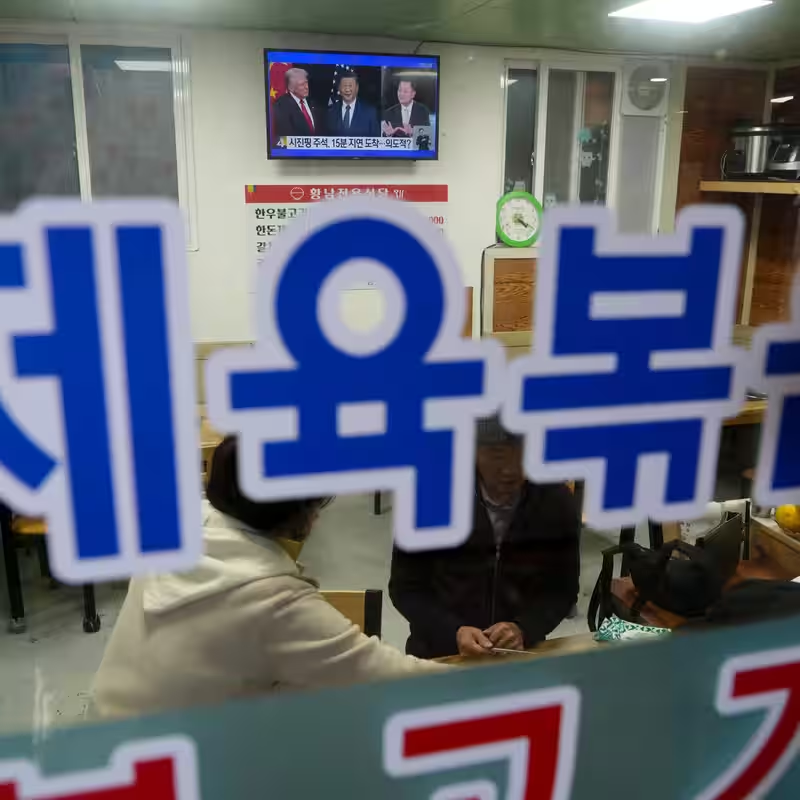Table of Contents
- Xi’s Veiled Warning at APEC 2025
- Multilateralism vs. Unilateralism: The Core Argument
- U.S.-China Trade Tensions Heat Up Again
- How the World Is Reacting
- Sources
Xi’s Veiled Warning at APEC 2025
At the Asia-Pacific Economic Cooperation (APEC) summit in Gyeongju on October 31, 2025, Chinese President Xi Jinping delivered a pointed message wrapped in diplomatic language: resist unilateral bullying. While he didn’t name the United States directly, the context was unmistakable. With Washington ramping up protectionist trade measures and pulling back from multilateral frameworks, Xi’s remarks were a clear call to other nations: don’t side with U.S. trade aggression .
“While unilateralism precipitates division and regression, multilateralism is the viable option for tackling global challenges,” Xi stated in his written address to the APEC CEO Summit .
Multilateralism vs. Unilateralism: The Core Argument
Xi’s speech centered on a stark contrast between two global philosophies:
| Approach | Characteristics | Xi’s Stance |
|---|---|---|
| Unilateralism | Tariffs, trade wars, withdrawal from global pacts, “America First” policies | Leads to “division and regression” |
| Multilateralism | Cooperation, WTO-backed trade rules, shared supply chains, regional integration | “Viable option for tackling global challenges” |
He urged APEC members to “practice true multilateralism” and reinforce the World Trade Organization’s authority—a not-so-subtle critique of recent U.S. actions that have weakened the WTO dispute system .
U.S.-China Trade Tensions Heat Up Again
The timing of Xi’s remarks is critical. The U.S. has recently intensified unilateral tariff policies and strengthened protectionist barriers, particularly targeting Chinese tech and green energy sectors . This marks a resurgence of trade friction reminiscent of the Trump-era standoff—but with even higher stakes in 2025.
Beijing, meanwhile, is pushing for deeper regional supply chain integration, positioning itself as the anchor of Asia-Pacific economic stability. Xi called on nations to “link supply chains” and avoid decoupling—a direct counter to U.S.-led efforts to isolate China economically .
How the World Is Reacting
Many APEC members—especially Southeast Asian and Pacific Island nations—are caught in the crossfire. While they value U.S. security ties, their economies are deeply intertwined with China’s. Xi’s message offers them a diplomatic off-ramp: support multilateral trade without openly defying Washington.
Analysts note the irony: China, often accused of its own coercive economic tactics, now champions “rules-based order” at a time when the U.S. appears to be abandoning it. Whether this rhetorical shift translates into policy remains to be seen—but the geopolitical chess move is clear .




